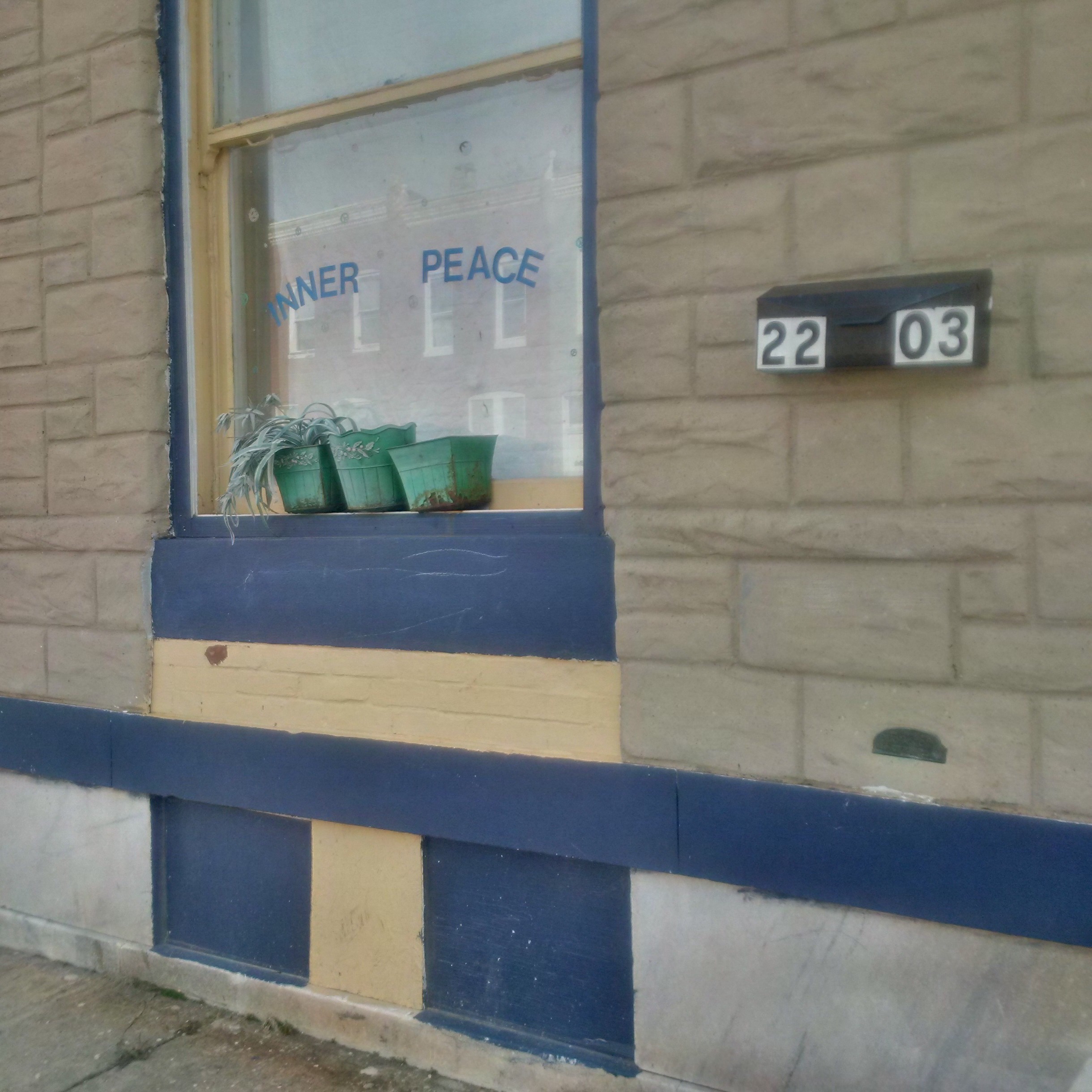PDF of slides from talk at Johns Hopkins School of Public Health.
SPH2015march.2
__________________________________

…In these times of historical and current accounting of the effect of anchor institutions in community, at home and abroad, how do we speak truth to power and forge new alliances toward justice? As the field of public health grapples with the social, political, and economic determinants of health, how has a powerful institution like JHU been influential in determining neighborhood health in East Baltimore? Has the development of the institution (and others like it) contributed to the growing wealth and health gap in East Baltimore (and elsewhere)?
Come join us for a discussion with Dr. Marisela Gomez this Wednesday, April 1st at 12pm in Room E6159 for a challenging discussion critical to the past, present, and future of health equity in Baltimore and beyond.
The history of prestigious institutions and their power to exploit those most vulnerable to grow power is vast. To be truthful participants in changing this history we must account for this history and repair it. Transparency begins to hold accountable the past transgressions and find solutions beyond what our fragile human nature has succumbed to thus far. Inequitable health outcomes, arrest rates, educational achievement, income and housing value are symptoms of inequitable communities, of power and privilege. Bridging within and across all our systems-community and economic development, education, criminal, housing, recreation- of society is a large task. How do we forge a path towards equity, while assuring everyone is at the table, and contributing?
Establishing values of inclusivity, accountability, transparency,and reflection/reflexivity in all processes is important. These values must infuse and be embedded in the tools of planning/policy development, practice/praxis, evaluation, public relations/media. And most, most importantly, WE THE PEOPLE, must be involved in all steps of the process toward justice…
_______________
If interested in any slides of presentation, send a contact.
Contemplating peaceful and skillful means to justice,
Marisela





